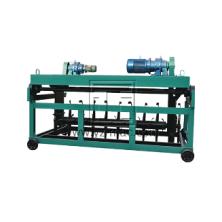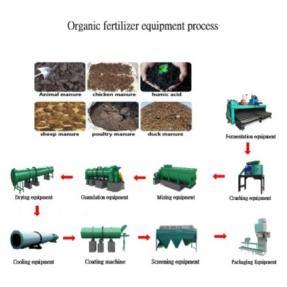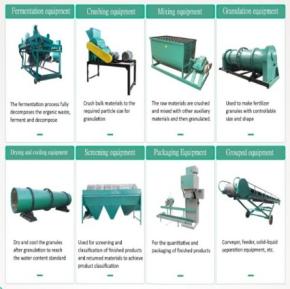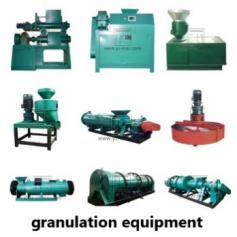Compost blender machine
A compost blender machine, also known as a compost mixer or compost agitator, is a specialized equipment designed to thoroughly mix and blend composting materials. It plays a crucial role in the composting process by creating a homogeneous mixture, enhancing decomposition, and accelerating the production of high-quality compost.
Efficient Mixing and Blending:
A compost blender machine is designed to efficiently mix and blend composting materials. It utilizes rotating blades or agitators that evenly distribute the organic waste, ensuring thorough mixing and blending of different components. This process helps create a homogeneous compost mixture and promotes uniform decomposition.
Increased Decomposition Rate:
By thoroughly blending the composting materials, the blender machine exposes a larger surface area of organic matter to microorganisms. This enhances microbial activity and speeds up the decomposition process. The increased decomposition rate results in faster production of compost, reducing the overall composting time.
Enhanced Nutrient Release:
Proper mixing and blending facilitate the breakdown of organic matter into smaller particles, allowing for easier nutrient release during the composting process. This leads to a more nutrient-rich compost with improved bioavailability for plants. The enhanced nutrient release helps improve soil fertility and supports healthy plant growth.
Improved Oxygenation and Aeration:
The mixing action of a compost blender machine promotes oxygenation and aeration within the composting materials. It helps prevent the formation of anaerobic zones and facilitates the growth of aerobic microorganisms, which are essential for efficient decomposition. Proper oxygenation and aeration contribute to a well-balanced composting process and minimize the risk of odor issues.
Homogeneous Compost Mixture:
A compost blender machine ensures a uniform and consistent mixture throughout the compost pile or container. This helps eliminate potential hotspots or areas of uneven decomposition within the composting materials. A homogeneous compost mixture leads to consistent compost quality and reduces the need for additional turning or mixing processes.
Time and Labor Savings:
Using a compost blender machine saves time and labor compared to manual or traditional mixing methods. The machine automates the blending process, allowing for efficient and consistent mixing without the need for manual labor. This increases productivity and reduces labor costs, making compost production more efficient and cost-effective.
Versatility and Customization:
Compost blender machines are available in various sizes and configurations to suit different composting operations. They can be designed for small-scale or large-scale applications, accommodating the specific volume and requirements of the composting operation. Some machines also offer adjustable settings for blending intensity and duration, allowing for customization based on the composting materials and desired outcome.
Integration with Composting Systems:
Compost blender machines can be integrated into existing composting systems or used as standalone units. They can complement other composting equipment, such as shredders, turners, or screening machines, to create a comprehensive composting system. The integration of a blender machine enhances the overall efficiency and effectiveness of the composting process.
In conclusion, a compost blender machine is a valuable tool for efficient mixing and blending of composting materials. It promotes uniform decomposition, accelerates compost production, enhances nutrient release, improves oxygenation and aeration, and saves time and labor.







